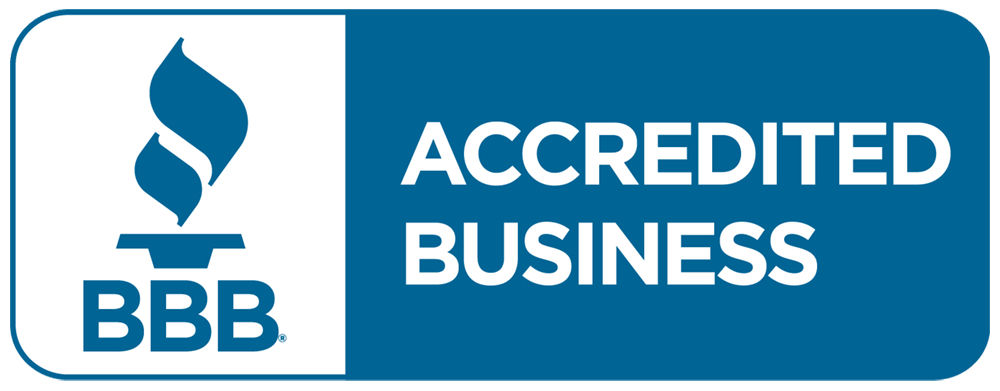Currently, lawmakers are evaluating proposed legislation for a potential vote that will allow for the establishment of a Chapter 10 bankruptcy filing classifying student loan debt as unsecured loans, just like credit cards. This means that many Texas residents who meet the criteria for filing can discharge the debt. This legislation is an alternative to the direct loan cancellation that many want, but it will still encounter some challenges along the way.
Potential problems for those who are financially secure
The proposal to cancel a certain amount of college loan debt across the board will be a more popular alternative for many who are other financially secure even though they have student loan debt. The bill, if passed, will require someone to file for Chapter 10 bankruptcy, and as it sits, it will also carry the same restrictions as a Chapter 7 filing for the proceeding seven years. Not to mention the negative impact a bankruptcy filing exacts on a filer’s credit rating.
Potential problems for Congress
Not only is the proposed legislation flawed, but there also are many individuals in Congress who think this is an irresponsible method of addressing the debt problem of former college students who are locked into long-term payment arrangements with the Department of Education. Private lenders actually hold much of the debt, and any decision Congress makes could well only apply to public loans through the various schools across the nation. Many colleges are private institutions that have been incorporated into the system.
Bankruptcy attorneys in Texas already see the complications with the new strategy that will be effective for some but not so much for others. The challenge for Congress will be finding the middle ground, where all debt-holding former students can benefit, to some degree, from the new student loan policy.



